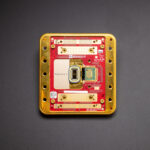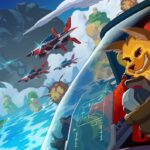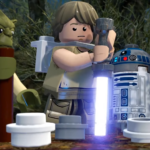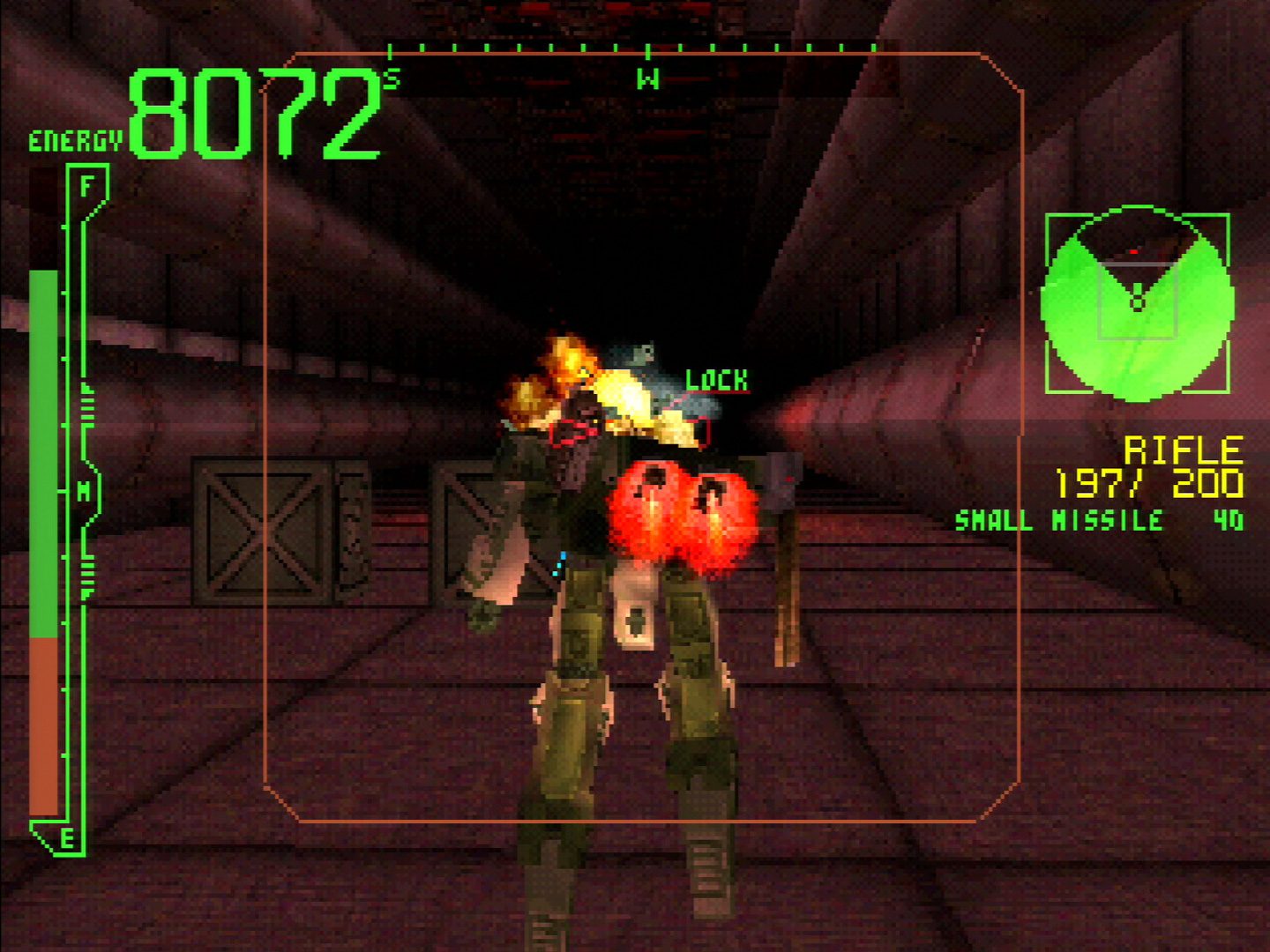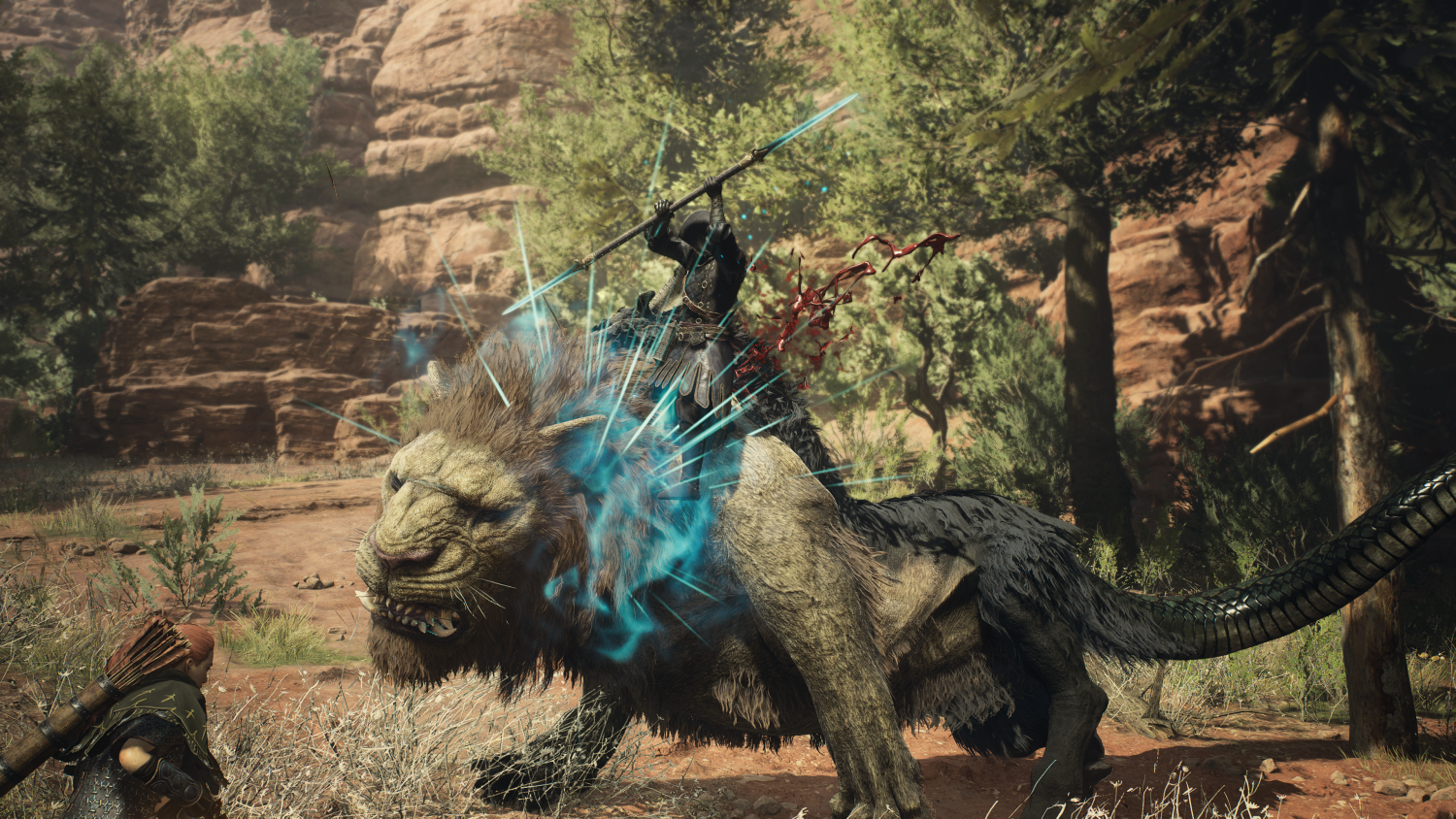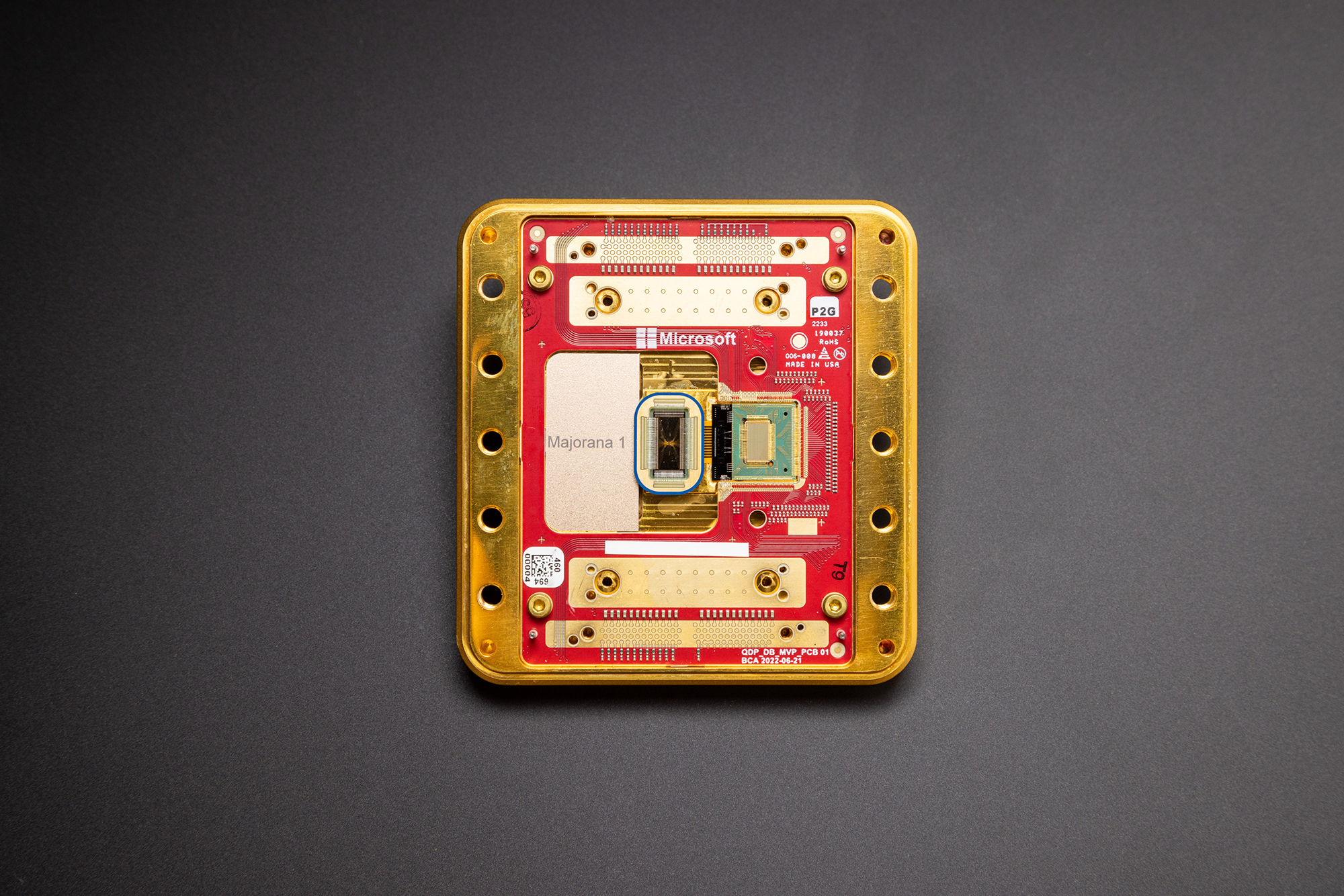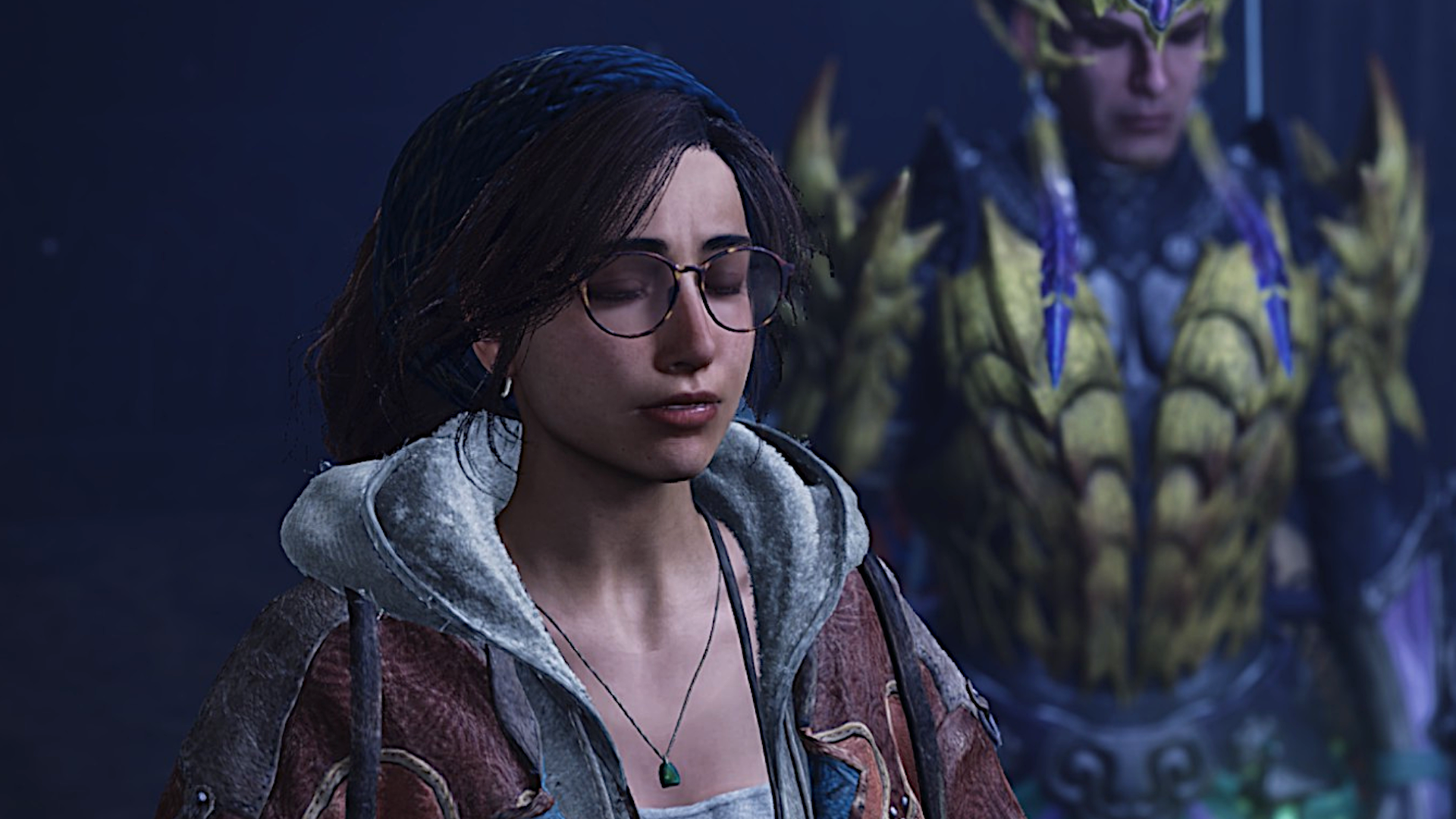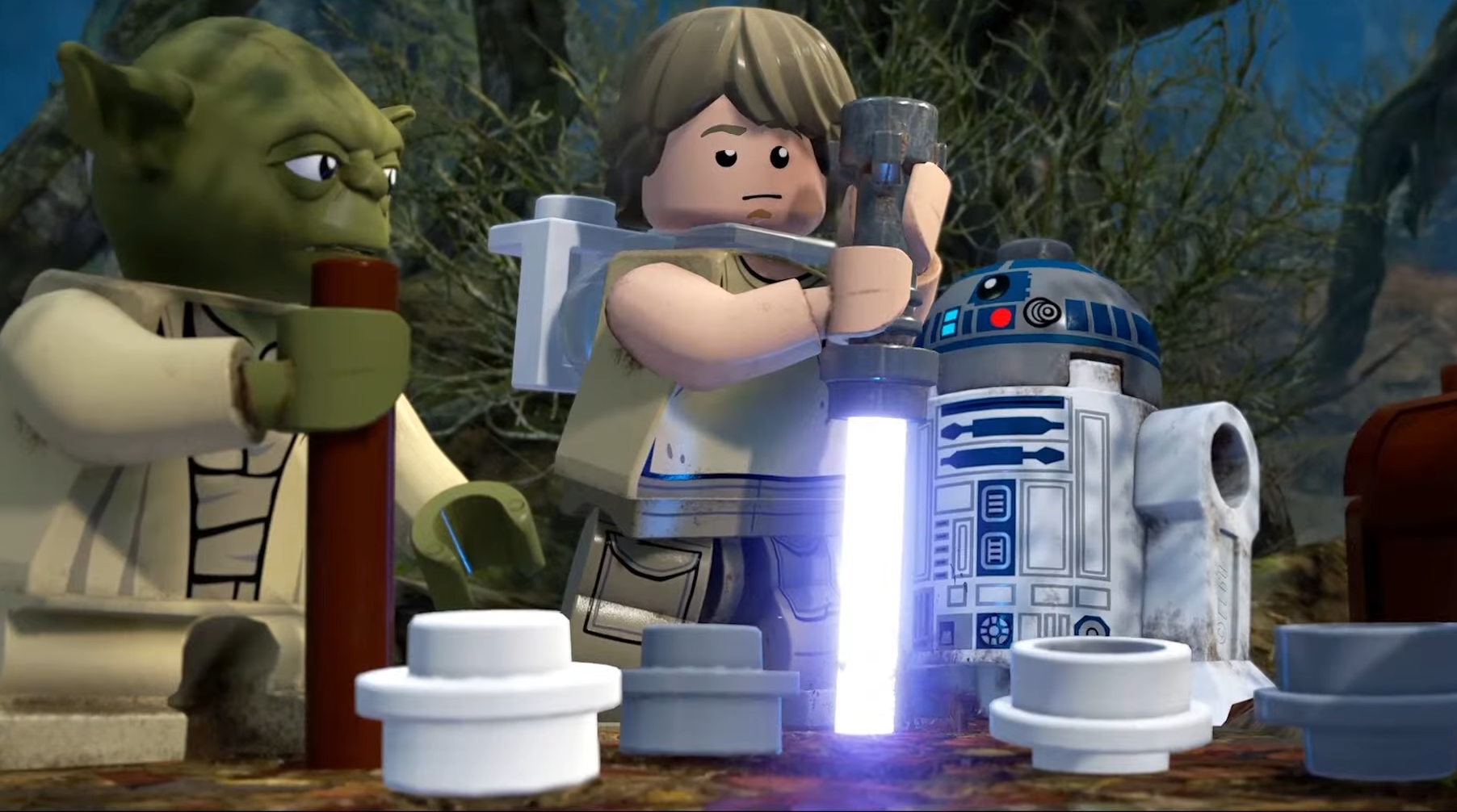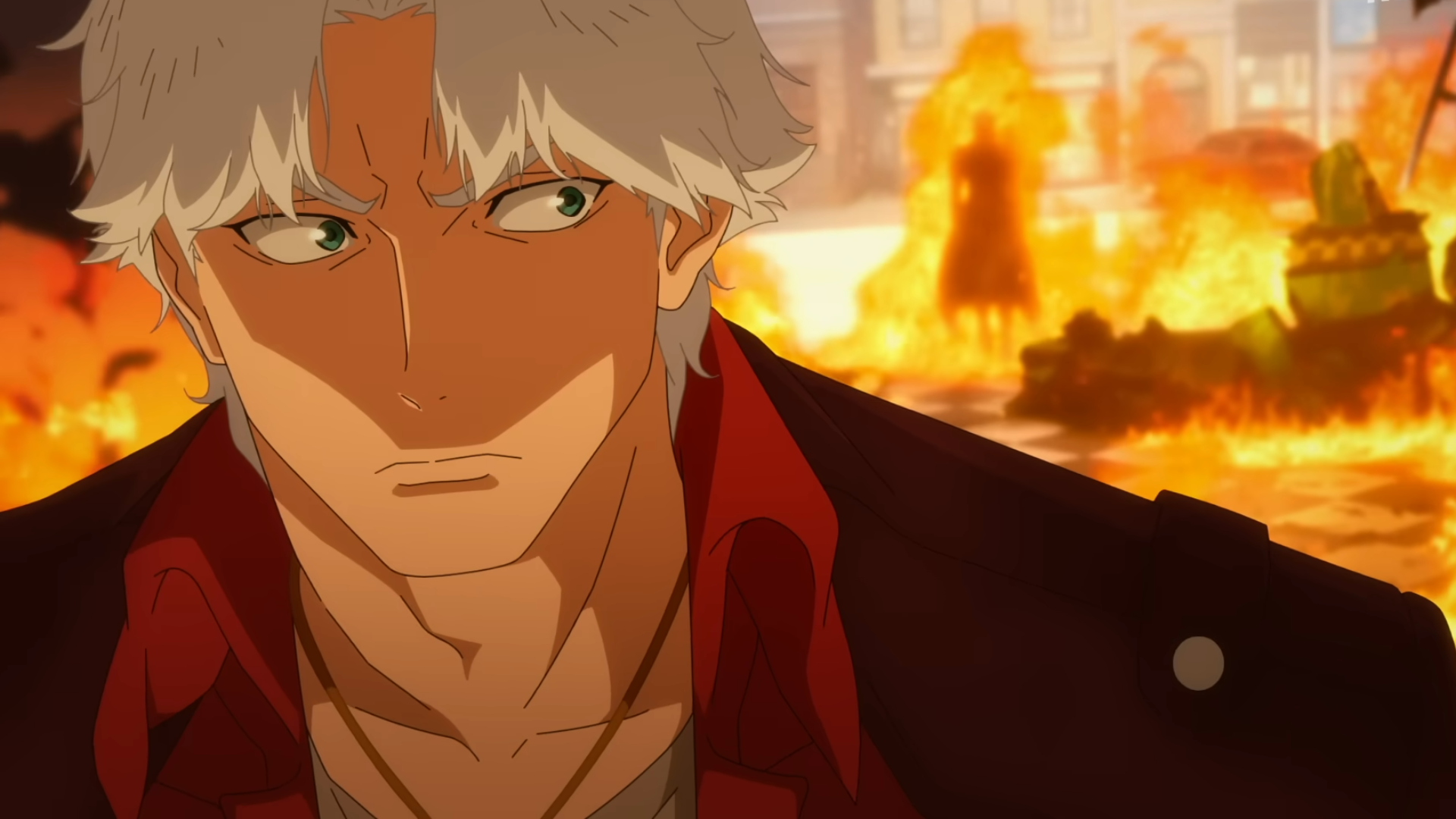There really is no RPG quite like Dragon’s Dogma. It’s a big, weird, wonderful, terrifying, enthralling mess of an adventure that demands you meet it on its own bizarre terms, or else get savaged by wolves in the middle of the night. Heading into my hands-on with Dragon’s Dogma 2, my biggest fear was that they’d have sanded off too many of the first game’s rough edges, losing some of that magic in pursuit of a more straightforward experience. What a delight, then, to find a sequel more in love with its own brilliantly strange identity than ever.
The thing I loved most about the first game was its sense of truly journeying across a fantasy land, so I decided the best way to get a sense of the sequel in the limited time available was to just pick a road and start walking. I’m not alone, of course—I’m joined by the series’ trademark Pawns, AI companions created by yourself and other players that aid you on your journey. As soon as they open their mouths, I’m reassured. As in the first game, they’re a talkative bunch: offering advice on what to do next, calling for help in battle, pointing out resources, and more.
Inarguably, they pipe up too much, and I wouldn’t blame anyone for deciding they’re irritating, but I find their endless commentary hugely endearing. With more nuanced and varied things to say in this sequel, more than ever it evokes the feeling of going on an adventure with your friends. Even just in the hour or so I spend with them, their personalities emerge—from a grumpy fighter tired of my frequent diversions to a confident healer nicely but firmly herding me along towards points of interest.
On paper, nothing I find on my little trek is that exciting—I get ambushed by some monsters, find a raided village, and delve into a mine overrun with goblins—but the game shines in the details. The first game had a wonderful physicality, and Dragon’s Dogma 2 runs with it. When a weakened enemy stumbles in front of me, I scoop him up in my arms and hurl him at one of his mates, knocking them both off a cliffside. Seeing a group of goblins charge across a rope bridge, I cut the supports, sending them plummeting down into the abyss. In battle with a furious troll, I leap and climb up onto its back, attach a mine to its neck, and jump off to safety as it explodes.
(Image credit: Capcom)
It’s ripe for slapstick comedy, of course—other stops along my journey include carrying a squealing pig off his farm and down the road until he wriggles out of my arms, climbing on top of a passing bison and squatting over her until she moos with dissatisfaction, and heaving a distinguished NPC I’m escorting over my shoulder to get him past some difficult terrain more quickly. But beyond the goofiness, that ability to grab onto and interact with all these things around you gives the world a physical reality that’s really rare in fantasy RPGs. It’s that tactility that makes your adventures feel so grounded.
Perhaps the most obvious improvement, however, is in Dragon’s Dogma 2’s looks. The first game has a charm to its visuals, but it wasn’t winning any beauty contests; the sequel is genuinely gorgeous, with particular attention paid to its sprawling vistas. Looking out at the lush wilderness and bright, blue skies, you immediately want to get out there and see what you can find, and it’s striking how much that adds to the core formula of exploration.
(Image credit: Capcom)
As I stop at a campfire in an abandoned village to sleep through the dangerous night, I throw some ratty cut of meat in a skillet and I’m stunned by the most unexpectedly beautiful thing in the game: an animation of my dinner frying. As the ludicrously high-def chop sizzles, intricately realised fat bubbling out of it, I can’t help but grin. Why have they put so much effort into this one thing, when cooking isn’t even a major part of the game? Because this is still a series that plays by no one’s logic but its own, and its unique identity shines through as clearly in that frying pan as it does in every road walked, every goblin hurled, and every troll triumphantly exploded.

